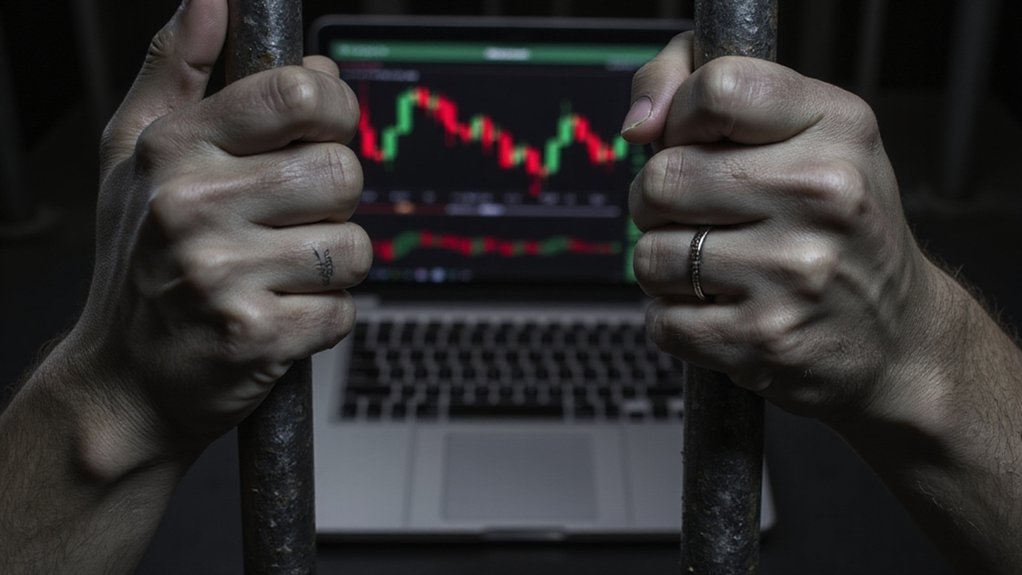While most European nations scramble to attract cryptocurrency businesses with competitive regulatory frameworks, Hungary has chosen a decidedly different path—one that transforms ordinary crypto trading into a criminal offense punishable by up to eight years in prison.
The legislation, effective July 1, 2025, introduces the novel criminal category of “abuse of crypto-assets,” targeting anyone audacious enough to trade on unauthorized exchanges. The punishment structure operates on a sliding scale that would make even seasoned white-collar defense attorneys wince: trades between 5 million and 50 million forints (~$14,600-$145,950) warrant up to two years imprisonment, while transactions exceeding 500 million forints (~$1.46 million) could result in five years behind bars.
Hungary’s new crypto law criminalizes unauthorized exchange trading with prison sentences up to five years for large transactions.
Crypto service providers face even harsher penalties, with sentences reaching eight years for handling volumes above 500 million forints. This creates an intriguing dynamic where operating an unauthorized exchange becomes more legally perilous than traditional financial crimes in many jurisdictions.
The regulatory vacuum compounds the absurdity. Hungary’s Supervisory Authority for Regulatory Affairs has been tasked with developing compliance guidelines within 60 days of enforcement—a timeline that suggests either remarkable bureaucratic optimism or a fundamental misunderstanding of regulatory complexity.
Meanwhile, over half a million Hungarian crypto investors face potential criminal exposure for activities that were perfectly legal mere months ago.
Major fintech companies have responded predictably: Revolut and others have suspended crypto services rather than navigate this legal minefield. The exodus reflects broader industry sentiment that Hungary’s approach represents regulatory overreach rather than thoughtful financial supervision.
The human cost extends beyond corporate boardrooms. Hundreds of thousands of retail investors—many engaging in modest trades well below the million-forint threshold—now confront the surreal possibility of criminal prosecution for portfolio management decisions.
The legislation’s scope encompasses both casual traders and professional service providers, creating a regulatory dragnet that captures virtually all crypto-related activity.
This draconian approach positions Hungary as Europe’s most restrictive crypto jurisdiction, a distinction that seems unlikely to enhance its reputation as a fintech-friendly destination. The contrast with neighboring EU states actively courting crypto businesses underscores just how dramatically Hungary has diverged from continental norms.
The severity of Hungary’s stance contrasts sharply with global trends toward mainstream integration, where ETF approvals and institutional adoption are driving cryptocurrency acceptance rather than criminalization.









